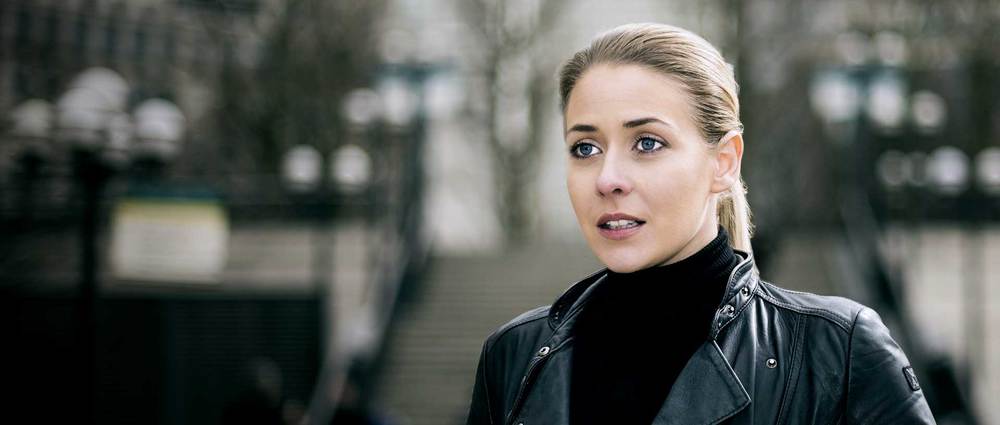How to adjust depth of field in film
How do you gradually vary depth of field in a single motion picture shot at constant exposure?
In the past, Cinematographers have always been limited to choosing a depth of field that stays consistent throughout the shot. A variable depth of field that creates a sort of focus blur or background blur effect has vast creative applications and the potential of becoming a must-have feature for Lens Control Systems (LCS).
There is a limitation in the application of cinematic depth in professional filmmaking. Depth of field in motion picture is a powerful cinematic storytelling device. It is however universally regarded as a constant. The cinematographer is strictly limited to employing a depth of field that stays consistent throughout the shot. This can be a hindering factor.
Read on for a quick review of depth of field and its uses in filmmaking before we discuss the potential of a variable depth of field.
WHAT IS DEPTH OF FIELD?
Depth of field is an optical term that relates to film and photography.
“Depth of field is the range of distance within which all objects will be in acceptable sharp focus. It is an area in front of and behind the principle point of focus that will also be in acceptable focus.”
Depending on the scene and the Cinematographer’s artistic intentions it may be desirable to have all subjects in the frame sharp and in focus. This is called a deep depth of field. Conversely, a scene in which only part of the frame is in focus and the rest is rendered blurry is called a shallow depth of field.
In a motion picture scene, by reducing depth of field, the background will become out of focus, thereby drawing the viewer’s attention to the subject being photographed.
SEMIOTICS AND DEPTH OF FIELD IN FILM
Depth of field is an integral part of film vocabulary and a tool for cinematographers to direct the viewer’s attention. Determining the focus object is vital in controlling the viewer’s gaze, as you are telling them that what is in focus is the important thing to pay attention to.
“The audience will want at look at the objects within that zone of most clear and crisp focus. Anything outside the depth of field will appear blurry to the viewer’s eye and therefore not be an attractive element to watch.”
Depth of field is also often used to subtly reveal something about a character’s emotional state. “Shallow focus suggests psychological introspection, since a character appears as oblivious to the world around her/him” (Yale University, 2002). Shallow depth of field may be used to express a range of emotions that reveal an individual’s internal struggle or to express a heightened emotional state of mind.
THE POTENTIAL OF A VARIABLE DEPTH OF FIELD IN FILM
Instead of simply communicating the emotional state of a character, the effect of a changing depth of field may be used to express a shift in the subject’s emotional state.
The transition from a sharp background to a blurry background forces the viewer to shift his focus to the subject and tells him that the background is not an important element to focus his attention on.
“It could be a really useful and very subtle tool to use in moments of extreme drama to show how a character separates themselves from a situation or a way of immersing an audience inside the mind of a character during a pivotal moment.”
The application for a variable depth of field is not limited to immersing an audience in narrative filmmaking but also extends to other areas such as commercials where a variable depth of field that causes a background blur effect could be used to highlight a product and make it stand out from the crowd.
As this is a completely novel form of cinematic expression, there are very few preconceptions of what to do and experimentation will be key to figuring out how this effect can be used to its fullest potential.
Visit www.cinefade.com for more information and follow @cinefade on social media for regular updates.



